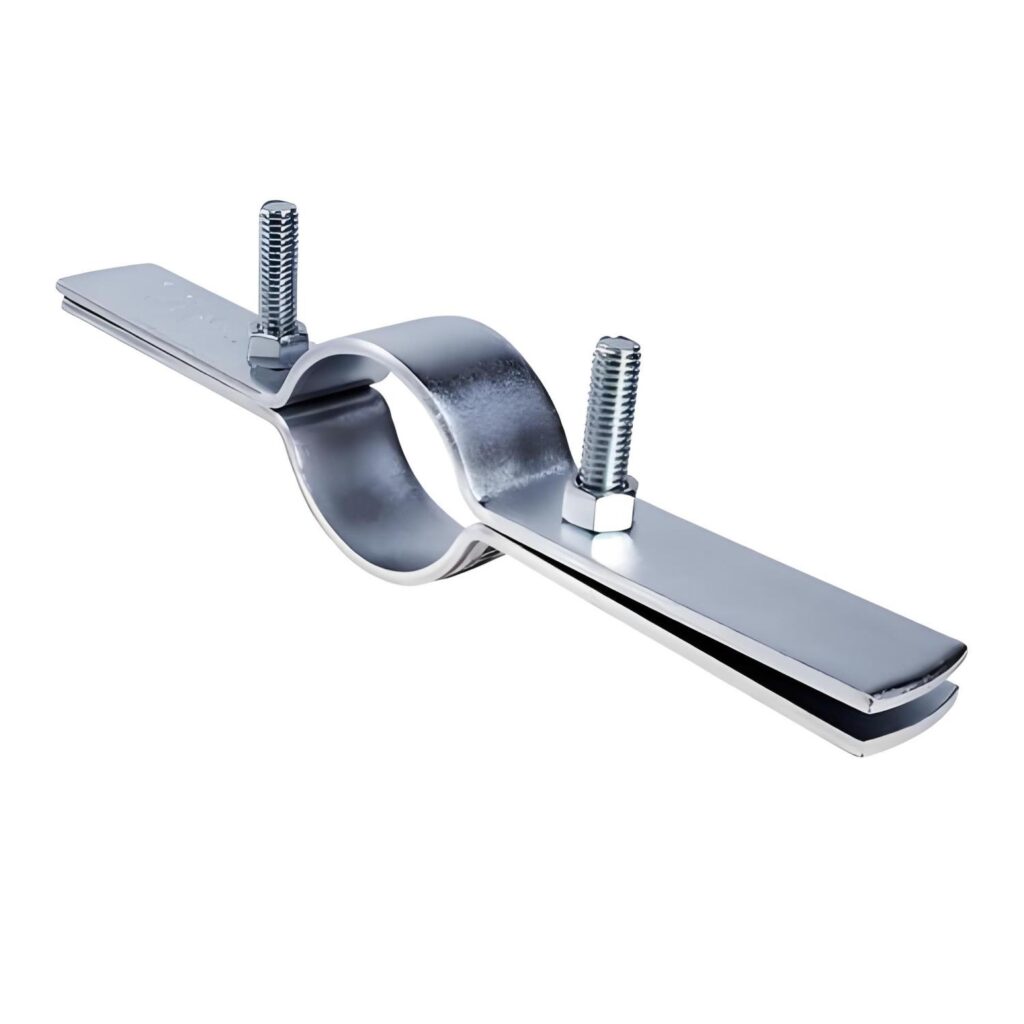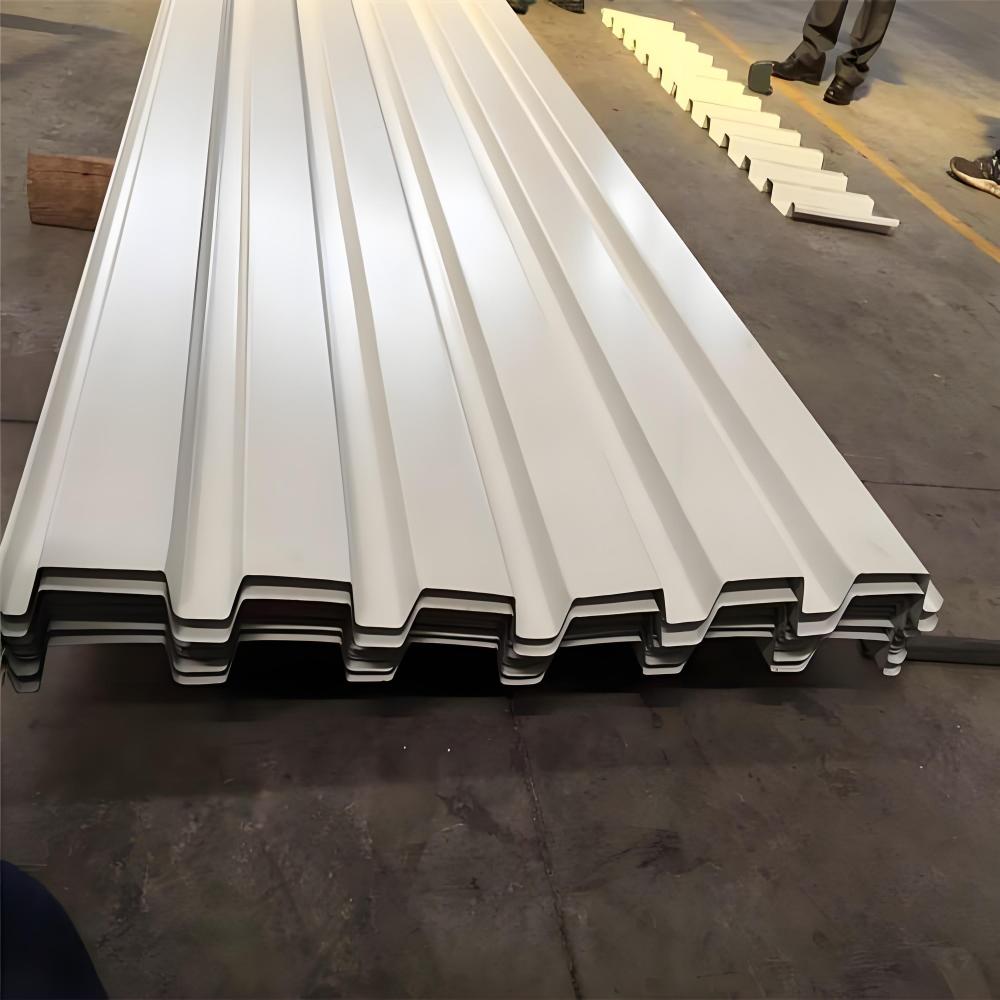
One question that frequently arises in the machining and manufacturing world is, “Is galvanized steel magnetic?” This blog post dives deep into the properties of galvanized steel, its magnetic characteristics, and its practical uses, offering insights for professionals and enthusiasts alike. With our expertise in machining, Precionn aims to clarify this topic and provide valuable information for your projects.
What Is Galvanized Steel?
Galvanized steel is steel that has undergone a zinc coating process to enhance its resistance to corrosion. This process, known as galvanization, typically involves dipping steel in molten zinc or applying a zinc layer through electro-galvanizing. The result is a robust material that combines the strength of steel with the protective qualities of zinc, making it ideal for environments exposed to moisture or harsh weather conditions.
The zinc coating acts as a sacrificial layer, corroding before the underlying steel, thus extending the material’s lifespan. Galvanized steel is widely used in construction, automotive, and manufacturing industries due to its affordability and reliability. At Precionn, we often work with galvanized steel to create precision components that meet stringent quality standards.
The Galvanization Process
Galvanization can be achieved through several methods, with hot-dip galvanizing being the most common. In this process, steel parts are submerged in a bath of molten zinc, creating a thick, durable coating. Electro-galvanizing, on the other hand, uses an electric current to deposit a thinner zinc layer, offering a smoother finish. Both methods enhance the steel’s corrosion resistance, but the choice depends on the intended application.
Is Galvanized Steel Magnetic?
One of the most common questions about galvanized steel is whether it is magnetic. The short answer is yes, galvanized steel is magnetic, but the reasons behind this property require a deeper look. The magnetic behavior of galvanized steel stems from its core material—steel—which is typically ferromagnetic. The zinc coating, while not magnetic itself, does not significantly alter the steel’s magnetic properties.
What Makes Galvanized Steel Magnetic?
Several factors influence the magnetic behavior of galvanized steel:
1. Base Metal Type
The underlying type of steel determines whether the galvanized product will be magnetic. Mild steel and carbon steel, both commonly used in galvanization, are magnetic. Austenitic stainless steels, on the other hand, are non-magnetic, even if galvanized.
2. Zinc Layer Thickness
The zinc coating does not produce magnetic effects, but a very thick layer might slightly reduce magnetic permeability. Nevertheless, it doesn’t eliminate the core’s magnetism.
3. Manufacturing Method
Hot-dip galvanized steel may behave differently than electro-galvanized steel in terms of surface smoothness, which might slightly affect how magnets interact with the surface.
4. Post-Treatment Processes
Heat treatments or annealing processes that affect the steel’s crystalline structure can alter its magnetic properties. Cold-rolled galvanized steel tends to retain magnetism more effectively.
What Are Applications of Galvanized Steel?

Galvanized steel’s combination of corrosion resistance and magnetic properties makes it a versatile material across various industries. Its durability and affordability make it a staple in both industrial and consumer applications.
Construction and Infrastructure
Galvanized steel is widely used in construction for roofing, siding, and structural beams. Its corrosion resistance ensures longevity in outdoor environments, while its magnetic properties allow for easy handling and installation using magnetic lifting equipment.
Automotive Industry
In the automotive sector, galvanized steel is used for body panels, chassis components, and exhaust systems. The material’s strength and rust resistance contribute to vehicle durability, while its magnetism aids in manufacturing processes.
Industrial Equipment
At Precionn, we often utilize galvanized steel in precision machining for components like brackets, enclosures, and fittings. Its magnetic properties facilitate machining and assembly, while the zinc coating ensures parts withstand harsh conditions.
Consumer Products
From fencing to household appliances, galvanized steel is found in everyday items. Its ability to resist rust makes it ideal for outdoor furniture, storage sheds, and agricultural equipment.
What Should You Consider When Using Galvanized Steel?
When using galvanized steel in environments where magnetism is a factor, several considerations come into play. These include the strength of the magnetic field, the thickness of the zinc coating, and the specific application requirements.

Magnetic Field Strength
For applications like magnetic clamping or lifting, ensure the steel’s magnetic properties meet the required strength. While galvanized steel is generally magnetic, testing the material in the specific context is advisable to confirm performance.
Coating Thickness
Thicker zinc coatings may slightly reduce magnetic attraction. If magnetism is critical, opt for galvanized steel with a thinner coating or consult with a machining expert like Precionn to select the right material specifications.
Environmental Factors
In corrosive environments, the zinc coating’s protective benefits outweigh minor reductions in magnetism. However, in highly acidic or alkaline settings, the coating may degrade faster, potentially affecting both magnetic and structural properties.
Compatibility with Other Materials
When combining galvanized steel with other materials in magnetic systems, ensure compatibility to avoid issues like galvanic corrosion. Proper design and material selection can mitigate these risks.
Conclusion
At Precionn, our commitment to excellence in the machining industry means helping our clients make informed choices about materials. Understanding whether galvanized steel is magnetic—along with its other properties—enables better planning and implementation in design, construction, and fabrication.
Whether you’re working on a high-precision project or large-scale industrial application, galvanized steel remains a reliable and versatile option. If you have questions about materials or need machining expertise, Precionn is here to help every step of the way.
FAQ:
Yes, magnets stick to galvanized steel because the underlying steel is ferromagnetic. The thin zinc coating does not significantly interfere with the magnetic attraction.
Galvanized steel retains the strength of the underlying steel, which is typically high. The zinc coating adds minimal weight but enhances durability by protecting against corrosion.
Galvanized steel is not recommended for direct food contact. Zinc can leach into food, especially in acidic environments, posing health risks. Stainless steel is a better choice for food-safe applications.
Yes, holes can be drilled in galvanized steel using standard drilling tools. However, care should be taken to avoid damaging the zinc coating, which could lead to corrosion at the drilled site.
Powder coating galvanized steel is possible but requires surface preparation, such as degreasing and sanding, to ensure proper adhesion. The zinc coating can complicate the process, so professional expertise is recommended.
